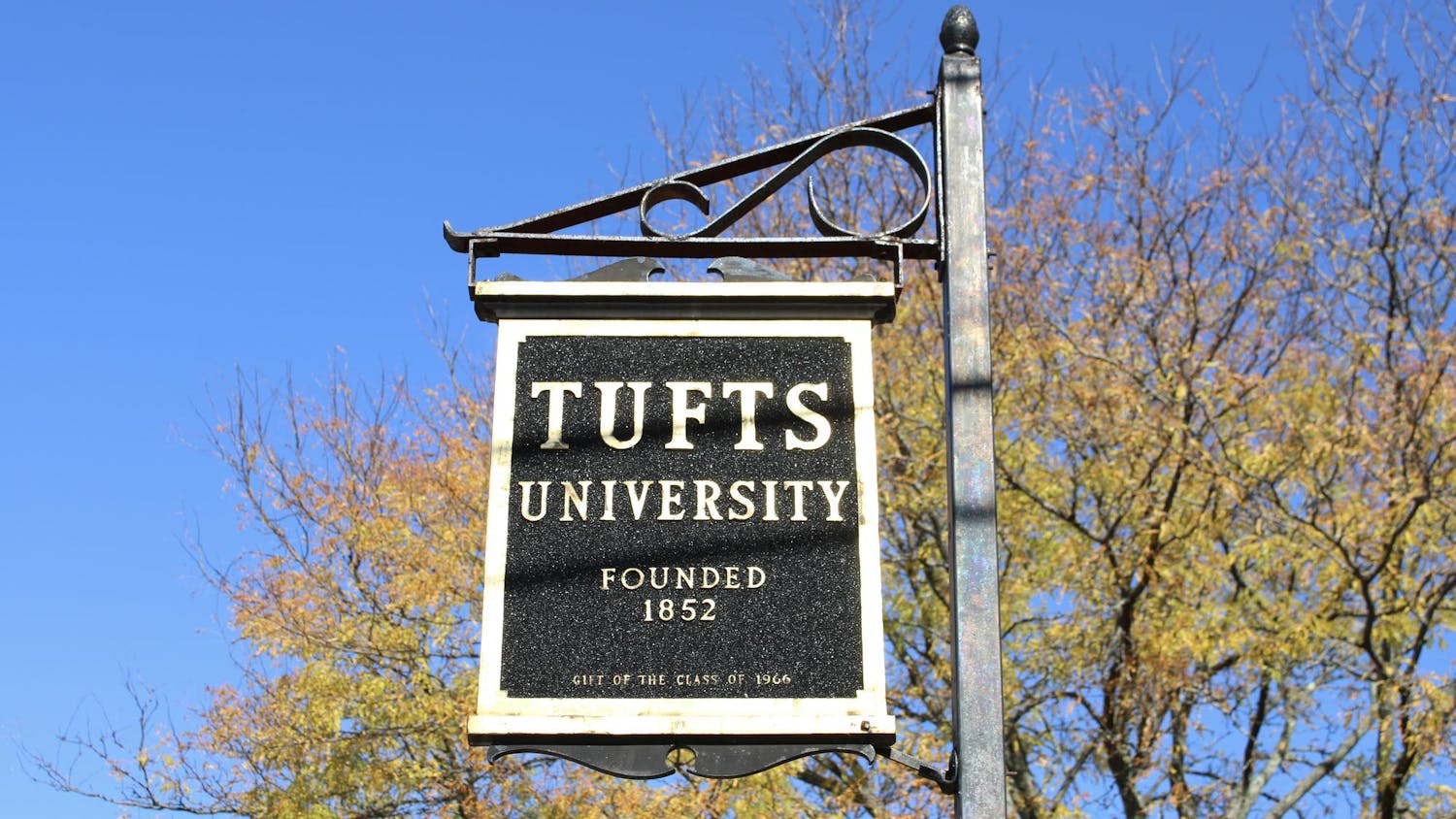In the field of development economics, there is a prominent view that education and investment in human capital are key for improving social organization and economic mobility, bringing about effective economic development. For an already-developed country like the United States, this view on development may not always manifest in economic terms — it could also pertain to both social progress and innovation. Having been able to compare the relationship between education and development in a developing country like China and a developed country like the United States, I have seen firsthand how access to and quality of higher education play a crucial role in shaping a nation’s trajectory.
The United States is relatively strong in terms of providing access to higher education. In 2022, 46.5% of its adult workforce was college-educated, significantly higher than the global average of 6.7%, giving the U.S. a comparative advantage in a college-educated labor force. Additionally, of the 18.58 million college enrollees in 2022, 13.49 million attended public institutions, highlighting the widespread access to public education.
However, I want to focus on the quality of U.S. higher education, for I believe many institutions may not meet the standards necessary to effectively cultivate a highly skilled labor force.
To me, a crucial factor missing from many public institutions — which serve the majority of college students in the United States — is the importance of mission statements and core values that shape the overall climate of the campus, instilling values beyond academics into students. Public institutions, which are government funded and often much larger than their private counterparts, may have more trouble instituting these missions and integrating them into their cultures. For private institutions like Tufts, values like innovation, civic participation and problem-solving are promoted through its mission and are reflected in its campus life. This is pretty much the case for every other private institute as well — heavily focused on interpersonal values beyond mere academics. I think it is important that these values become more integrated into the campus life of public institutions as well, for it is these mission statements that subconsciously cultivate a sense of purpose in the world to students. Through finding this greater purpose, college students can more effectively, efficiently and sagaciously leverage the technical and immediate skills they acquired in college for greater societal contributions.
Human capital is more than just the ability to perform tasks or master practical skills — it also encompasses analytical and critical thinking, which transform technical expertise into innovation, creativity and progress. Realizing this is especially crucial for the United States, for unlike many developing countries, it has both a relatively educationally advanced labor force and sufficient state capacity necessary for driving innovation.
The United States’ current relative abundance of college-educated labor has fueled its success in corporate and knowledge-based industries. However, greater investment in human capital exponentially widens the potential of individuals to create value in their own ways — moving beyond technical tasks to drive innovation and generate intellectual property. A country’s progress can depend on the continuous promotion of innovation and intellectual property, but it all begins with education and the development of human capital.






